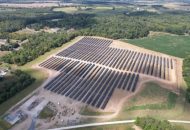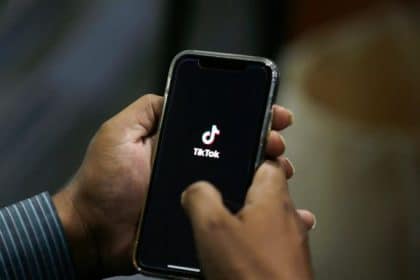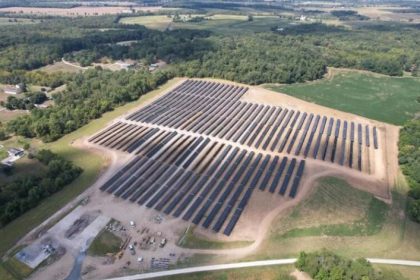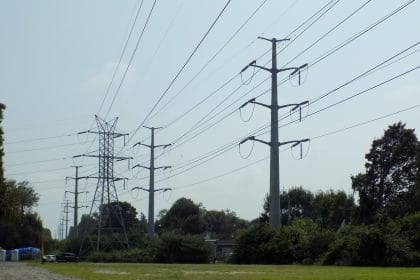Researchers: More Voices Needed to Shape Future of Work

A quartet of researchers in the United Kingdom say while the COVID-19 pandemic forced employers and employees alike into a “mass experiment” of workplace adjustments, the real work on what the future of work will look like is only just beginning.
The researchers are Oliver Mallett, professor of entrepreneurship at the University of Stirling; Abigail Mark, professor of the Future of Work, at Newcastle University; Danny Zschomler; research assistant management, work and organization, at the University of Stirling; and Lila Skountridaki, lecturer in work and organization studies, at the University of Edinburgh.
In a recent article published in the journal The Conversation, they argue that the systems and processes that were rapidly improvised at the onset of the pandemic were not designed with a post-pandemic world of hybrid or blended working in mind.
Now, as businesses, educational institutions and government offices begin to think about what the future of work will look like, concerns are being raised about the potential creation of a two-tier workforce, with some inevitably denied the possibilities of flexibility.
“Even for those who can access flexible, hybrid working, there has been very little discussion around what day-to-day working lives might look like, how the benefits of flexibility might be successfully realized and what the longer-term challenges might be,” the researchers write.
Employers, Staff, Have Different Visions of the Future
For most of us, despite the suddenness and enormous scale of the change that took place beginning in early 2020, if asked what we were doing during the pandemic, the answer would be “working remotely.”
But beginning in May 2020, the researchers, using surveys and interviews, studied the actual experiences of home-based workers across the UK in depth.
What they found is that the definition of “working remotely” was highly malleable, and the differences in perception are only now coming to the fore as the world emerges from the pandemic.
For instance, what employers want to retain from the past year’s experience (increased productivity, adaptability and decreased costs) is markedly different from what their employees want to retain (flexibility, the lack of a commute, and a stronger bond with their family and community)
Further, they found that the forms of home-based working that were adopted during the pandemic were those suited to a situation where employees were heavily restricted from leading lives outside their homes, and often accepted out of a fear of losing their jobs.
These “working hours, working patterns and levels of productivity may not be sustainable post-pandemic,” the researchers said.
A Call for a Wider Conversation
The researchers said that while there has been no shortage of conversations about the future of work, the public debate needs to move beyond the abstract and consider what the full range of stakeholders — employees and employers — want and expect going forward, and what some of the unintended consequences of the pandemic lockdown have been.
Post-pandemic, when some colleagues are in the office and others are working remotely, this will create very different dynamics from those that developed at the height of the pandemic, the authors write.
In addition, studies of home-based working have found a significant negative impact on promotion rates compared to office-based colleagues.
“An employee sitting at home, using their own electricity, working at a personal laptop to collaborate with colleagues they have never met, for an employer they have limited engagement with beyond performance monitoring, might start to feel like a contracted freelancer,” the authors write. “As some employers seek to reduce costs by radical changes in the amount of office space required, changes in employment rights could represent the next big cost savings.
“Hybrid working will look very different when it is not conducted under COVID conditions. The issues that will affect people’s day-to-day working lives and how these will be contested have largely been ignored. We need to debate what we want from our working lives – and more widely our homes and our communities – and we need to do it now,” they concluded.
























